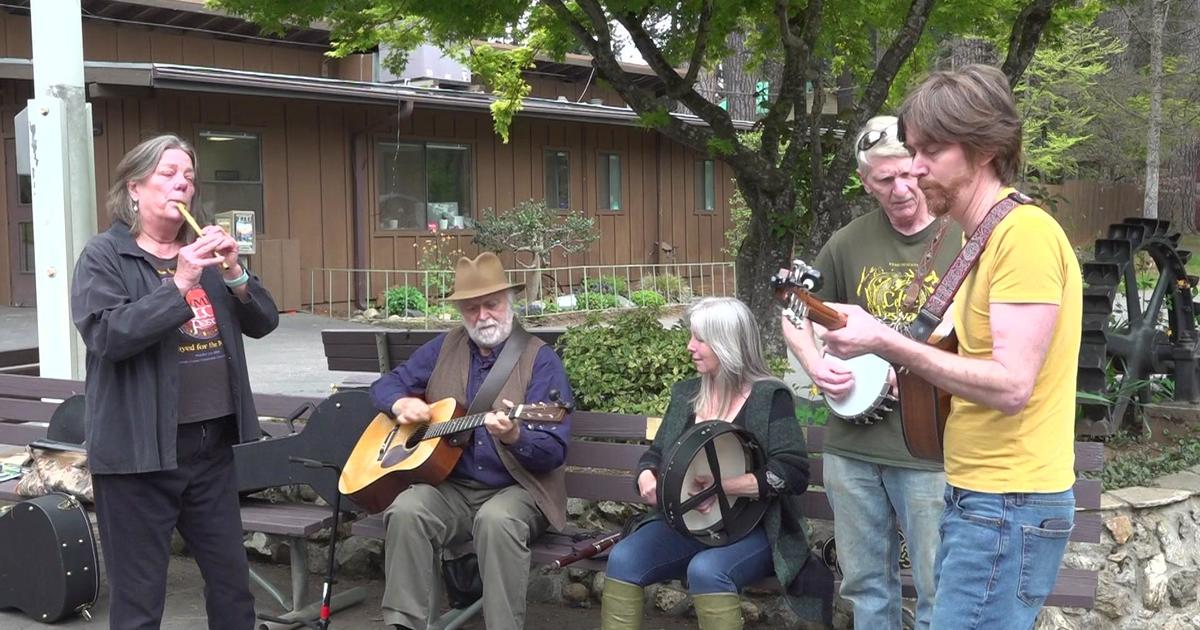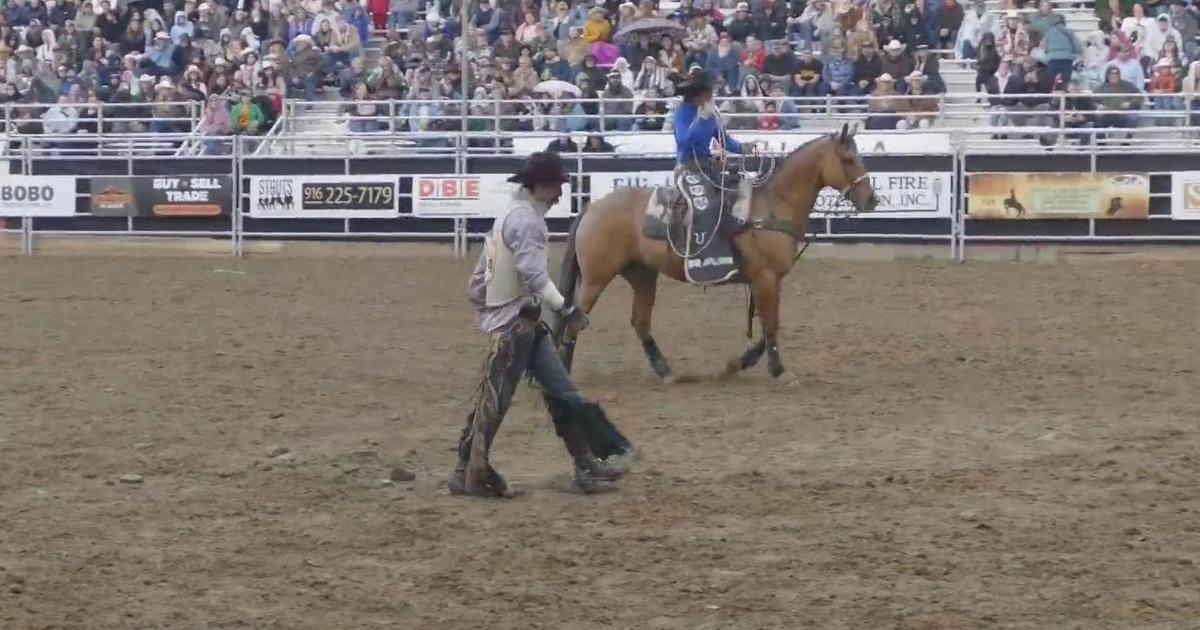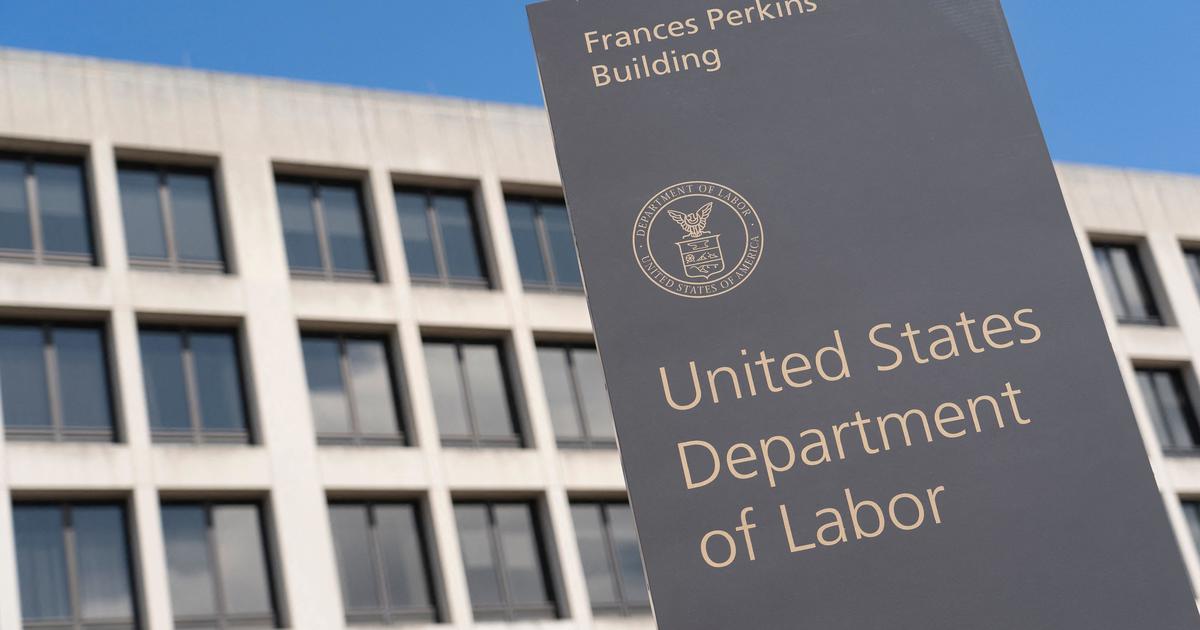Supervisors vote against reactivating historic Nevada County gold mine
NEVADA COUNTY - The Nevada County Board of Supervisors unanimously voted Thursday against reactivating a historic gold mine.
Supervisors spent Wednesday listening to a petition from Rise Grass Valley, a company that claims to have vested rights to mine at Idaho-Maryland.
Following Thursday's vote, the board said it found the petition did not provide enough evidence to support the finding of a vested right.
The historic gold mine has not been operating in Nevada County since the mid-1950s, but Rise wants to resurrect gold mining on the Brunswick Site.
It has sparked a heated debate across the community that is largely against the reopening of the mine.
"If you abandon it for so long, you are gone," said Christy Hubbard, a volunteer with the Community Environmental Advocates (CEA) Foundation that is against the mine.
A county staff report was presented to the board Wednesday, stating that Rise does not have vested rights to mine there and that the property owners abandoned that right after one year of no operations.
Attorney for Rise, Megan Wold, said the vested right to mine is a protected property right, meaning it would not need a use permit from the county to mine.
"Under the First Amendment, you do not abandon your right to free speech for being quiet too long," said Wold.
Nevada County started to require a Use Permit for mining projects in 1954, but as an existing and continuing operation in 1954, the Idaho-Maryland Mine was exempt from the requirement at the time.
Protestors to the mine said that under both case law and county code, a property owner may acquire a vested right to continue a use that existed at the time zoning regulations changed.
The CEA Foundation review claims that the right to continue is not permanent, and the burden of proof is on the applicant to establish the vested rights.
Wold said the vested right allows the property owner to keep using their property and said that the intent to mine was never abandoned.
"When Nevada county adopted a zoning code in 1954, the U.S. and California constitutions would have required Nevada County to essentially buy the Idaho-Maryland Gold Mine in order to avoid infringing the constitutional rights of the property owner to keep mining," said Wold.
Wold said the county needs to prove that Rise or one of the former property owners wanted to abandon their rights to mine gold there.
"They also undertook some kind of overact or omission that would have been in furtherance of that abandonment that would prove it is incompatible with mining and they never want to return again," said Wold.
The focus of Wednesday's hearing was on vested rights, but community members still shared their concerns over the environmental impact gold mining could have.
"Putting that much heavy industrial dangers directly under our feet and so close to the people is simply not acceptable," said Hubbard. "There are deep concerns about the air, water, quality of life."
Rise said Wednesday that it planned to take this case to court if the vested rights were denied.



